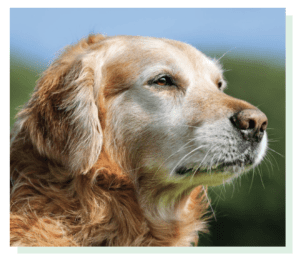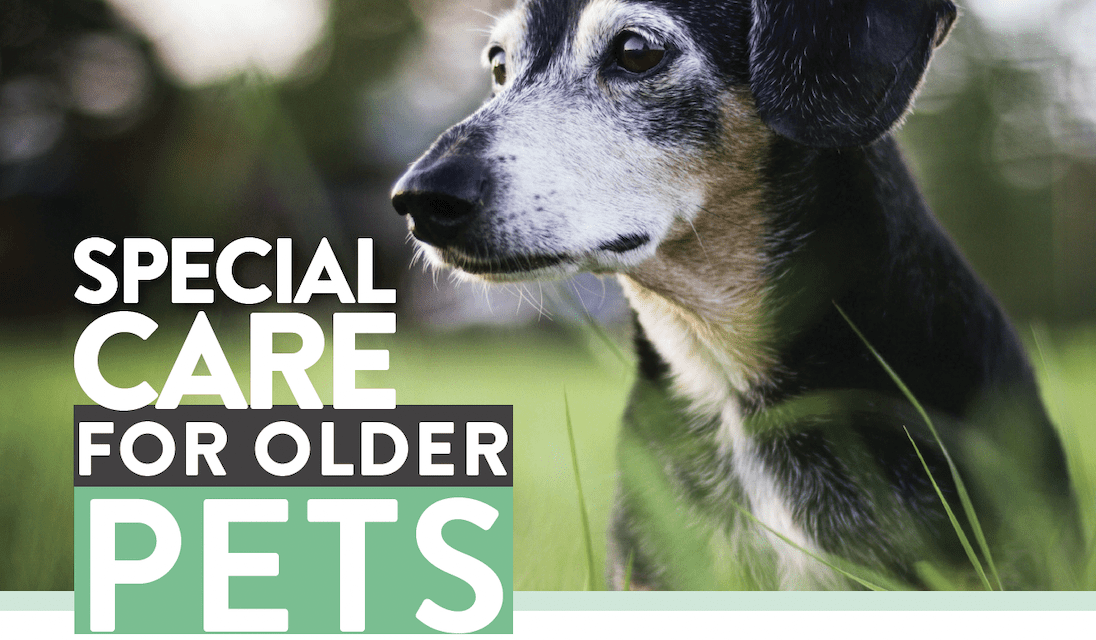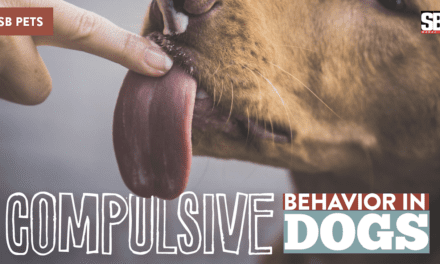Maybe you’ve noticed a few gray hairs pop up on your dog or cat, or they’ve started to slow down just a little bit. Just like us, pets grow older, but there’s no exact age at which they become “senior.”
A dog’s senior status varies according to size and breed. Generally, small dogs are considered a senior when they reach eleven years of age, medium-sized dogs at ten years of age, large breeds at eight years of age, and giant breeds at seven. Most cats are generally considered to be seniors when they reach seven years old. Lifestyle factors, such as diet, exercise, and vet care, play a very important role in how well they age. Just like humans, as they age, dogs and cats may experience: Ř Hearing loss
-Tooth loss
-Vision loss
-Loss of muscle tone
-Decreased energy
-Arthritis and other joint issues
-Hair loss
-Drier and less elastic skin
-Reduced liver, kidney, and heart function
-Reduced mental acuity
-Reduced immune system

Here are a few simple things you can do to help make the lat-er years of your pet’s life rewarding.
Healthy Age-Appropriate Diet: It’s important to find a pet food that is designed for the specific nutritional needs of your elder pet. A healthy diet composed of the appropriate calories and nutritional needs will help keep your pet happy and well.
Plenty of Exercise: Exercise and play are important for your pet’s health and wellbeing. Regular exercise helps your dog maintain an ideal weight, build energy, and maintain a strong heart and immune system. But remember, as your dog or cat ages, they will have lower energy levels and less stamina.
Vaccinations and Parasites: When it comes to flea, tick, and worm protection, your dog’s age doesn’t matter. However, when it comes to vaccines, older dogs don’t require them as often. Always talk to your vet since they will know what is best for your dog’s individual needs.

Maintain Oral Health: Many older dogs usually have some missing teeth. That’s why starting dental care at a young age is essential. To keep your dog’s teeth healthy, brush them daily or give them dental treats. Also, having their teeth professionally cleaned once a year by a vet is a good idea. Regular
Vet Check-ups: Keep an eye on your senior pet’s health with regular vet visits. Most vets recommend taking an older dog in for checkups once every six months. Regular vet checkups will help detect any health issues early or might even prevent them altogether.
Spend Time with Your Pet: Most importantly, make sure your pet gets lots of love and affection from you. Strengthening that special bond with your pet will help keep them healthy and happy. Aging is a natural process, and pet owners should prepare for caring for an older pet. As a pet becomes a senior, they can have less energy, trouble walking, cataracts, or hearing loss, among other ailments. The good thing is that it won’t happen overnight, and you will have time to make changes as they get older.
With proper care and attention, your senior pet will stay healthy and happy for many years to come!
by Hailey Lawson






